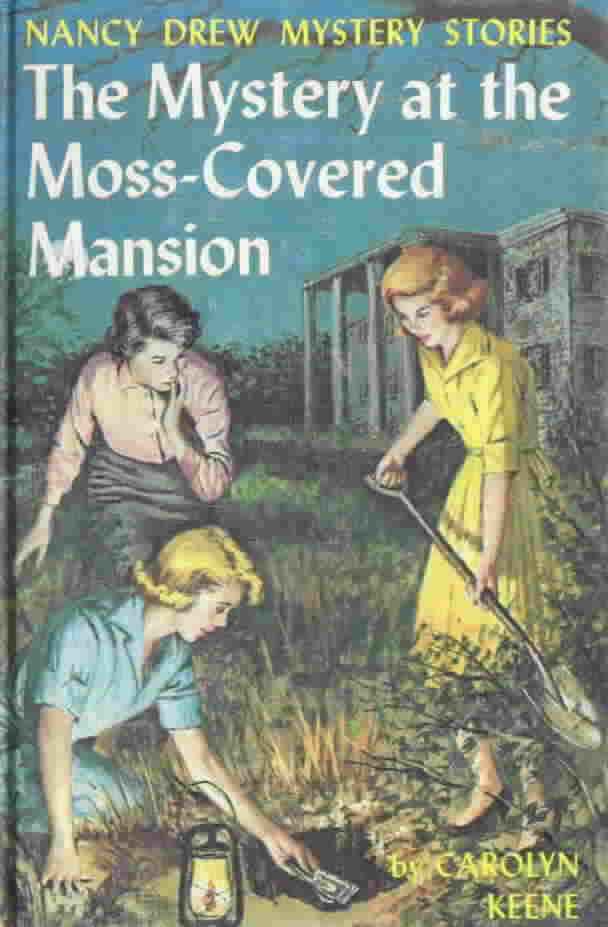
Image source: https://blogger.googleusercontent.com/img/b/R29vZ2xl/AVvXsEjucgy0VkCKCdxuwu1kbIlp6jXUrjRXo-sNHSNZ7HmgXW_Hgz68v9Zu3286BllMy90w51PqRsv8TU0_xmVUFrIYJswima82ijDxTfbMooE5llaHVEiueJHfitqggCSxBkqMp1SycdlR1xY/s1600/drewpc18a.jpg
This is why a large number of these novels are referred to more commonly as the "Who Done It" type of book. The author creates a question, a crime, and the reader isn't directly trying to figure out who committed the crime all throughout the book. If it is written in any great detail whatsoever, the reader will be roped into the book in no time flat; desperately reading on to try to figure out which character committed the crime and exactly how it was pulled off by that character. Doyle was definitely one of the key writers of the fiction detective novel with his amazingly unusual novels portraying crimes that some would not have thought about being committed. But Doyle would possibly not have accomplished the worldwide recognition of such stories without his main character, Sherlock Holmes, gracing the pages and solving the crimes at just the right point in the tale. This is one of the reasons that his character is so loved, and has to rate immediately as the classic detective in the classic detective novel.
The reader requires constant entertainment and almost all these classic detective fiction novels can provide that to them easily. Although some of the terms and phrases are now somewhat outdated, it is still a most interesting read for the well versed reader to pick up and follow. The books that won't be exactly highlighted or featured any further continuously pique the interest of the most self respected reader. To uncover such books, one must merely do the analysis and ask if need be since there are many that are still in print.
In these stories, the reader embarks upon a fascinating journey through time to a world where things are still much easier than the life of immediately. There are still crimes however, since that is what the book focuses on in depth. A theft may have occurred and for that reason fact caused a murder. The hero is, of course, the detective. This character is proficient in the means of detecting crime. His attitudes and morals may very well be described by the author in several different ways, but the general view of the detective is intelligence. If the detective isn't perceived as intelligent, how should he be able to solve the crimes that the police cannot? The author makes it interesting of course, using clever phrases and great character descriptions to involve the reader as much as possible in the storyline. The reader typically thinking or trying to figure out who the culprit is that committed this crime.